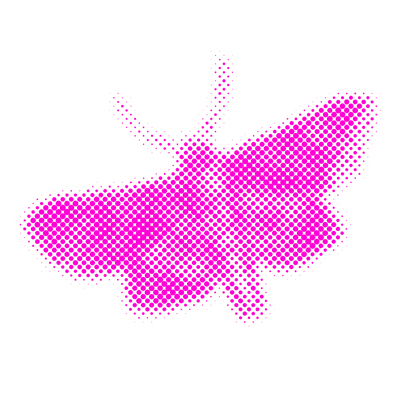In the health arena, open innovation approaches strive to address real-world complexity through multi-stakeholder collaborative activities – those that can better understand and respond to complex health needs. These approaches are now pushing the limits of innovation in the health arena, challenging mainstream conceptions of the targets of health innovation, the enablers of innovation activity, and the outputs of innovation work. Current models of open innovation do not go far enough in capturing the full potential of an open orientation. What might a theory of Open Ecosystem Innovation look like?
Through my work on the Knowledge Exchange Hubs funded by the UK’s Arts and Humanities Research Council (AHRC), I have proposed a model of Open Ecosystem Innovation (OEI). Ecosystems thinking tries to capture a specific instance of living organisms within a shared habitat and the patterns of value that coordinate those lives. In an innovation context, it opens up questions on the role of knowledge diversity, on the mediation of multi-party collaborative work, and on predicting or anticipating innovation needs, amongst others. Five core principles for OEI were developed. A follow-on project from the AHRC Hubs – Dementia Connect – applied this learning to an important and complex health challenge: dementia and the role of arts and cultural activities in delivering important health outcomes. Through Dementia Connect, the conditions of an open ecosystem innovation model were assessed and a blueprint developed for a new type of innovation programme.
Publications
Senior T. J. (2019) Open to All: Dementia, Creativity, and Open Ecosystem Innovation. Front. Sociol. 4:10.doi: 10.3389/fsoc.2019.00010
